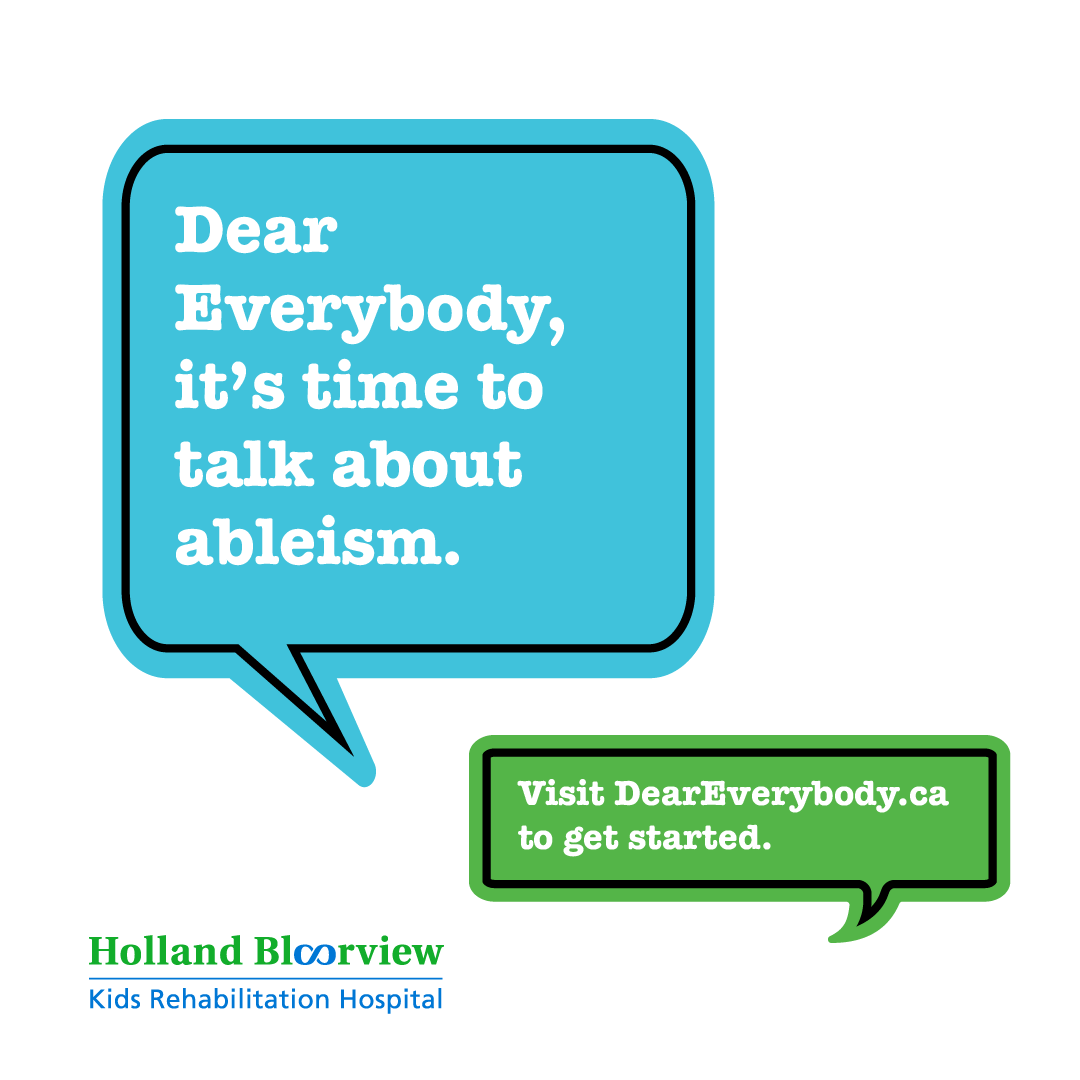Let’s talk about ableism and travel

Whether he’s rock climbing, swimming or performing at drama camp, 15-year-old Alexander is always up for an adventure. And as an avid traveller, it’s no surprise Alexander and his family have even been to places like Greece and Hungary—with Disney World next on their list.
But, as Alexander knows, travelling can sometimes be more challenging for people with disabilities.
Diagnosed with cerebral palsy, which affects Alexander’s speech and movement, Alexander uses a wheelchair to get around. Which means that when he travels, he and his mother Mary Jo think about accessibility for every part of any journey.
This year’s Dear Everybody campaign focuses on ableism, which can happen when places are inaccessible to people with disabilities. Have you ever encountered that kind of ableism before?
Alexander: Yes, in Greece. It makes me feel sad because I think it means that people just don’t care about people with disabilities.
Mary Jo: Alexander was a lot younger, but I remember that in Greece, it was very difficult for us to do anything. In Europe, in general, there aren’t a lot of cut curbs. Even if you look at the elderly population, they don’t have options to go anywhere. I asked people about that, saying: “What about your parents who can’t navigate this?” and they said: “They just stay home.”
That’s the attitude, in general—if you can’t go, you just stay home.
Overall, during most of our trips, a lot of places having access and accessibility were rarely considerations and made travel very challenging.
So, in your experience, what makes a place more accessible to people with disabilities?
MJ: Having ramps, cut curbs, accessible bathrooms in these places makes a difference. Allowing the same access to entertainment, job, facilities, transit, to those with challenges so they are able to do life independently and with dignity.
Changes like that can go a long way towards ensuring accessibility. How else can we confront inaccessibility and ableism?
A: I want people to treat people with disabilities equally, and with respect. People with disabilities can do the things that most people do, we just do them differently. For example, I need bars to get in the shower, so my mom put bars in there for me, and I need ramps to go upstairs, or I can go upstairs using the railing.
And how do campaigns like Dear Everybody help end ableism?
A: I think campaigns like this open people’s eyes, and make them look at people with disabilities in another way.
